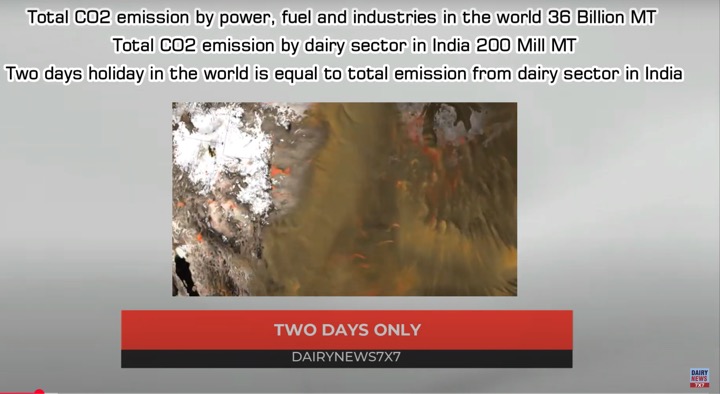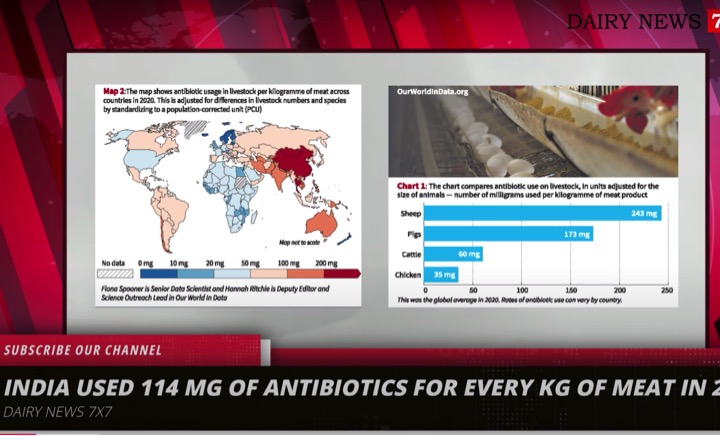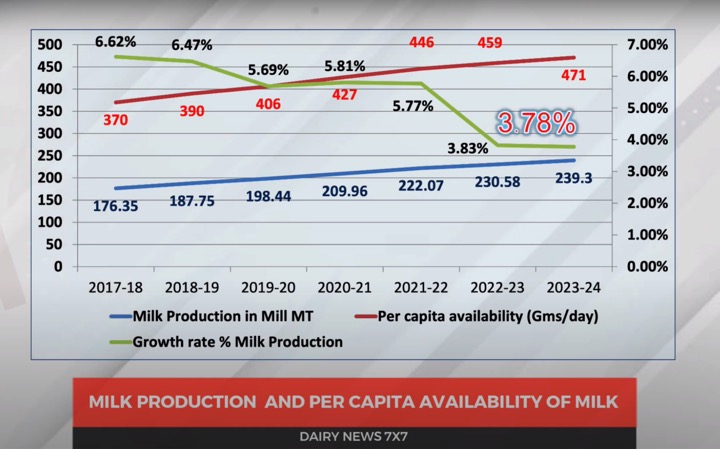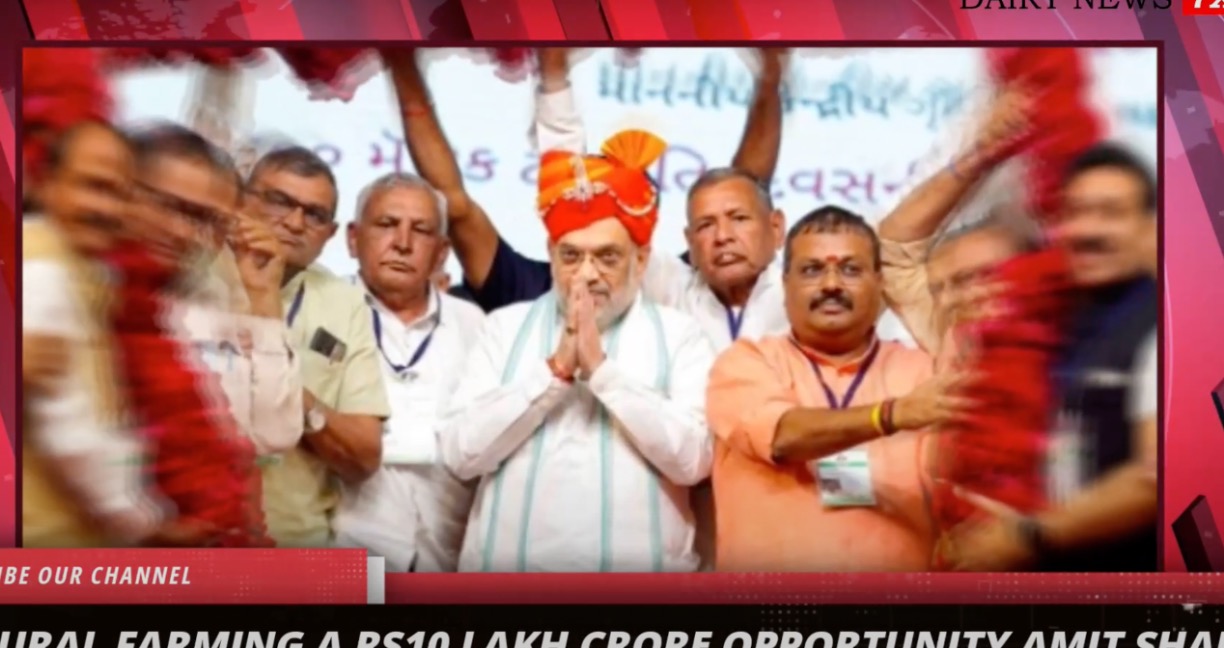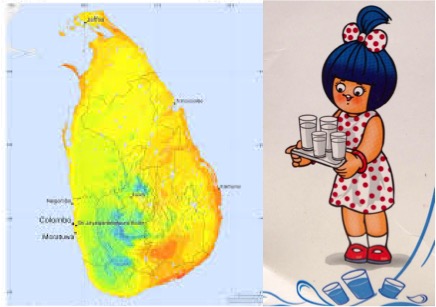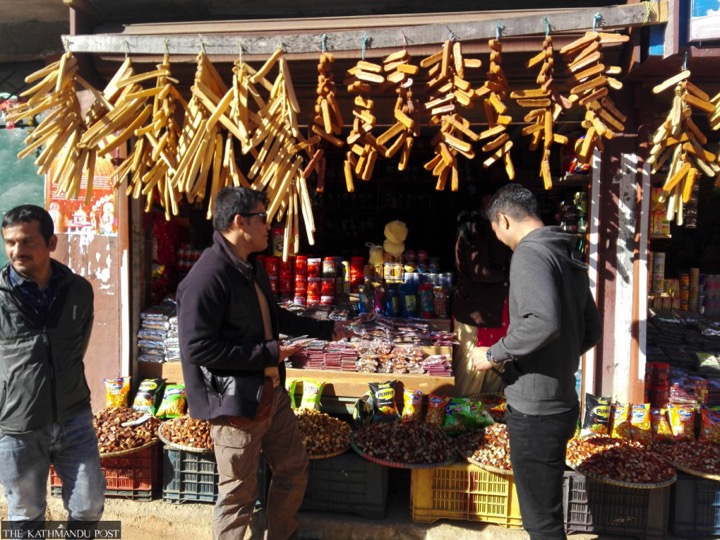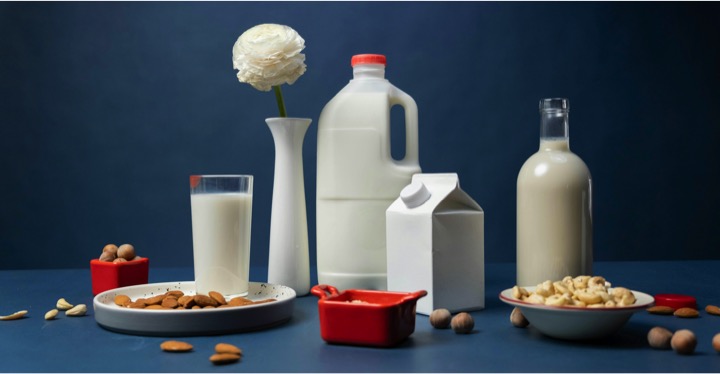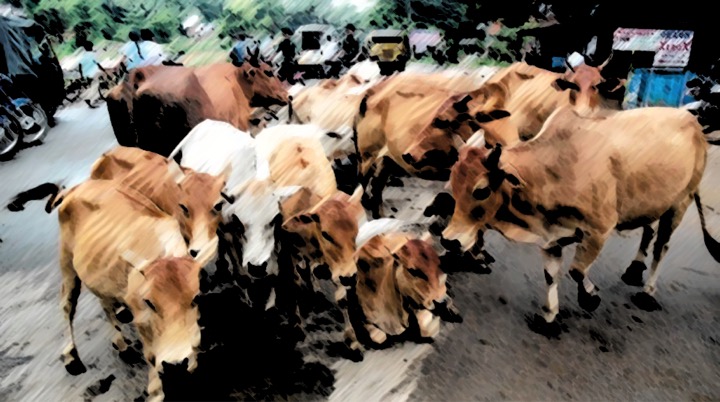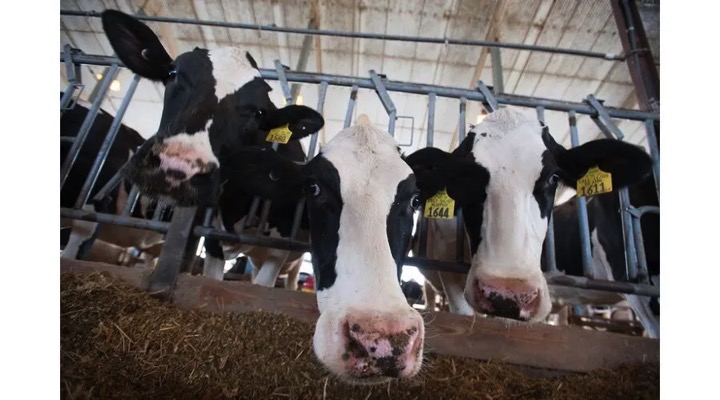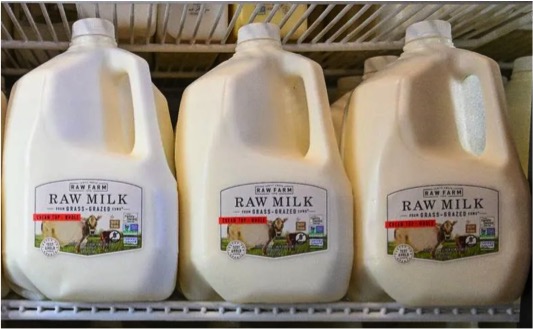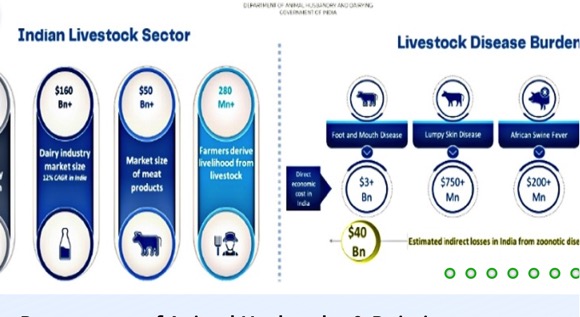The Union Government is looking to promote use of ghee as a cooking medium, to replace the use of palm oil and other edible oils, and the reason is not just health. Government sources have told CNBC TV18 that use of more ghee as a cooking medium will not just save foreign exchange by saving on edible oil imports, but will also benefit India’s dairy industry by allowing it to get rid of compulsory conversion of excess milk to milk powder and butter.
With the government envisaging 700 MT milk production per year by 2047, it is targeting an increase in per capita milk availability of 444 milli-litres per Indian today to 1 litre milk per person per day by 2047.
Though India’s milk production has risen in the past decade, with the average productivity of milch animals rising from 1,648 kg per animal per year in 2013-14 to around 2,000 kg per animal per year, government sources pointed out that the production stagnated in the previous financial year due to lesser spend on animals, issues relating to fodder and the incidence of lumpy cow disease in cattle.
However, government sources assured that milk production won’t be impacted any further due to the lumpy cow disease as 36 million new cows are being added to India every year.
Milk production season in India experiences a lean phase in summers when most milch animals are “dry”. Due to higher milk procurement and lower sales in the past 3 years, the cooperative sector has resorted to large scale conversion of milk into high shelf-life products like milk powder, white butter and UHT (ultra-high temperature) processing milk.
Higher availability of milk and reduced demand coupled with low export opportunity has resulted in piling up of huge stocks of Skimmed Milk Powder (SMP) and butter, which blocked funds and shrunk payments to several dairy farmers.
The Department of Dairy and Animal Husbandry had introduced SDC & FPO (Supporting State Dairy Cooperatives & Farmer Producer Organizations) scheme, which provided 2 percent interest subvention on working capital loan to cooperatives and milk producers, with an additional 2 percent for prompt repayment. Government data has revealed that a release of interest subvention worth Rs 100 crores to cooperatives and milk unions resulted in an increased credit flow of Rs 8000 crores as working capital loan to the sector.
While welcoming the government’s move, State General Secretary (Punjab) of the Bharatiya Kisan Union (Dakaunda), Jagmohan Singh is of the view that subsidies should be aimed only at farmers with land holdings of less than 5 acres for effective transfer of benefits.







